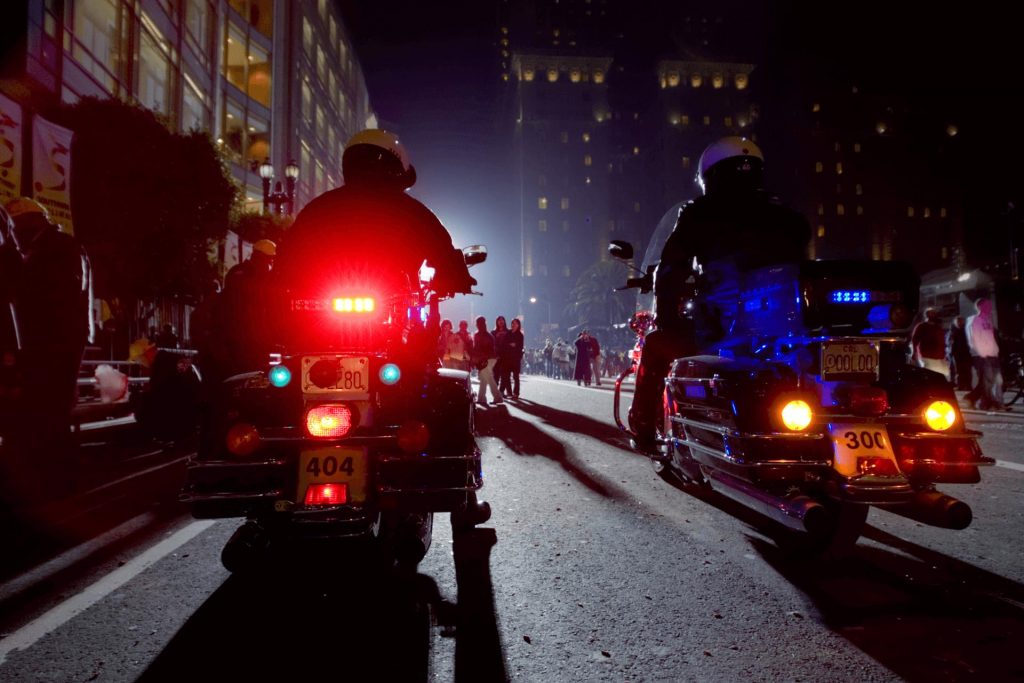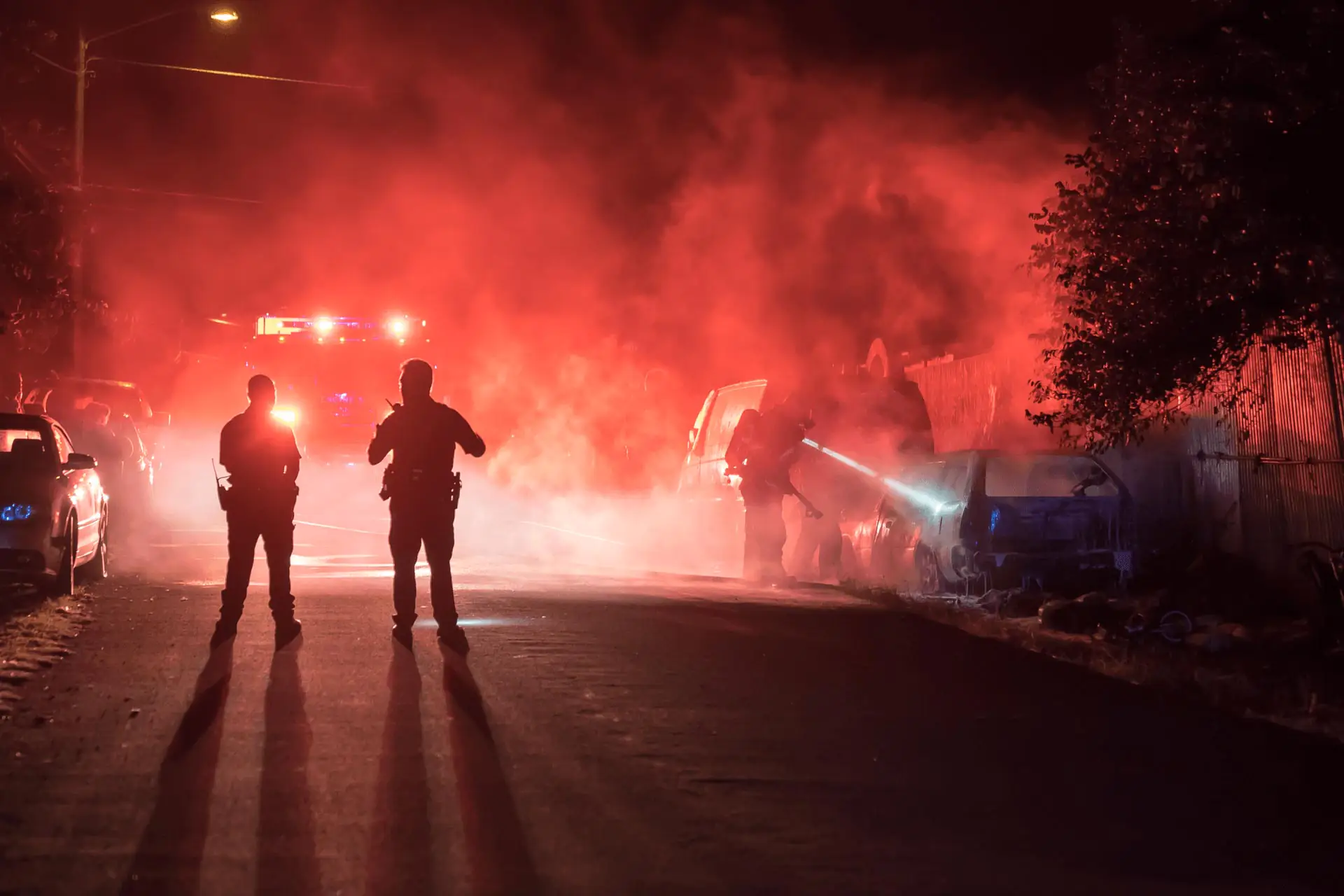There’s one major factor that many aren’t even aware of for all the mental and physical stresses that police officers have to face. That source of stress is simply the job schedule, mainly if officers are working in shifts that lie outside of ‘normal’ working hours. As working irregular hours is so typical for police officers, it may come as a surprise to learn how damaging it can be. But how bad is it really – and is there anything that can be done about it?
The damage of shift-work
US police manage to work a physically demanding job, yet the average officer is in worse health than the average citizen. Police officers are twice as likely to suffer from depression than the average citizen and four times more likely to get less than six hours’ sleep in 24 hours. Further to this, they are about 10% more likely to suffer from obesity, high cholesterol, and heart disease. And while several factors contribute to these statistics, such as stress, the most significant contributor is that around 47% of police officers work a non-day shift during their working week.
Shift-work can be hell on the body. Aside from the noticeable effects such as sleep disruption and the inability to follow a natural circadian rhythm, there are other concerns. One of the biggest practical concerns is that officers working night shifts don’t live in a society that operates 24 hours a day. The impact of this is most evident when it comes to meals – most officers working late or overnight shifts often resort to eating snack food in place of meals as it’s the only thing that’s available. Over time, these poor eating habits lead to health problems.
Mental health

Keeping a focus on physical issues is essential, but the effect of shift work on mental health can be even more insidious, as it’s harder to pick up on. Visible or not, these issues are nonetheless widespread. Police officers are usually under stress, even under normal circumstances. Still, shift-work increases the likelihood of mental health issues, including depression, chronic fatigue, and a range of sleep disorders.
Just as this severely impacts the quality of life, it can also negatively impact professional performance. Police frequently interact with the public, which can be challenging when stressed and underslept. As one group of researchers wrote, “These results lay the foundation for addressing the impact of shift-work related fatigue on how officers interact with public members in day-to-day encounters that can either increase or erode trust in police. The negative impact of fatigue on [tactical social interaction] has significant implications in the current climate of police-citizen unrest, where perceptions of police legitimacy are low.”
What’s the solution?

The biggest problem with shift work is that it’s necessary. While it’s simple enough to identify the problem, it’s not as easy to fix. Police departments, particularly those in urban areas, need to work on a 24-hour cycle, so getting rid of night shifts isn’t an option. If shift work isn’t going to go away, what can we do about it?
While initiatives like the Safety and Health Improvement Enhancing Law Enforcement Departments, or SHIELD, try to mitigate the damage done by shift work by promoting healthy living, their reach is limited. SHIELD includes recommendations for a better diet, physical activity, management of body weight, and reduction of stress, tobacco use, and alcohol use. The idea is that the negative impact of shift-work decreases if officers are otherwise in better health.
More support
Shift-work is just a simple reality for most police and not one that will change anytime soon. It falls, then, on departments to understand how damaging non-daytime shift work can be and offer as much physical, mental, and emotional support as possible to ensure that their officers are working well and maintaining a good quality of life.

